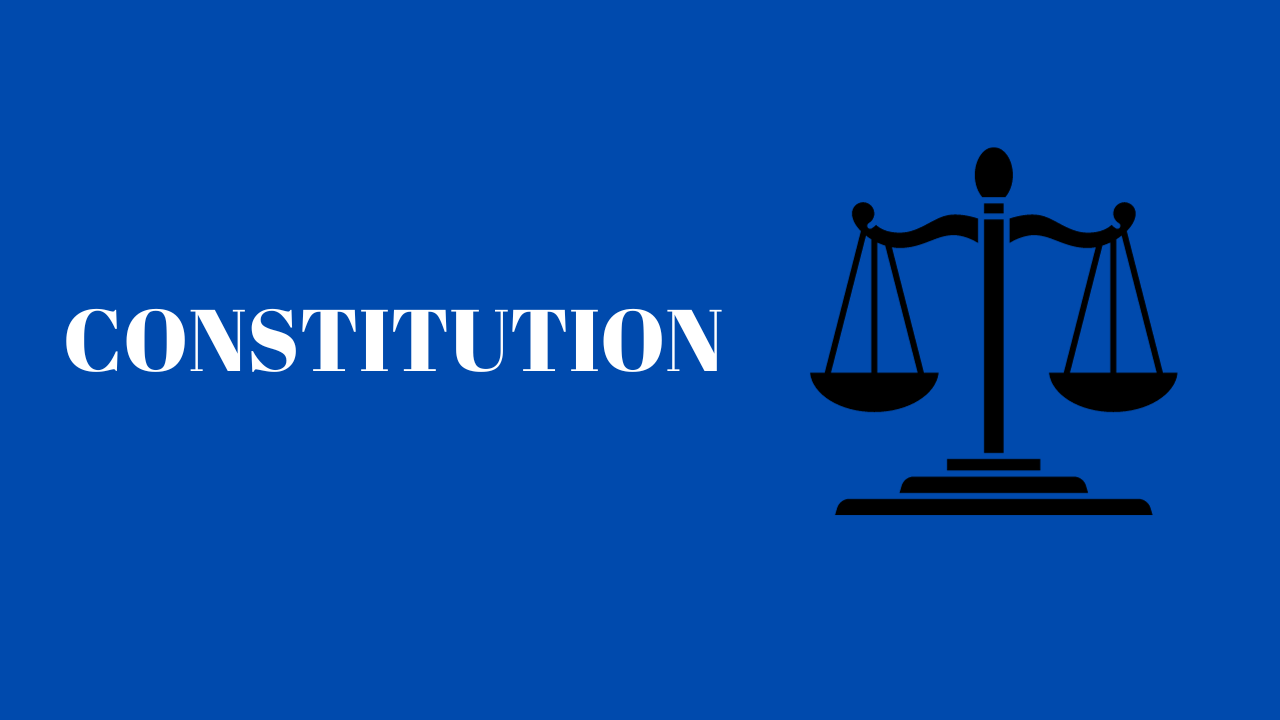COUNCIL OF MINISTERS AND THEIR COLLECTIVE RESPONSIBILITY
India is a parliamentary democracy and the Council of Ministers is the real executive. The Council of Ministers is responsible for making all the policies and administering them. Article 74 and 75 deal with council of ministers.
Article 74 provides that there shall be a Council of Ministers headed by Prime Minister to aid and advise the president. Vide 42nd Amendment it was added that the President will act in accordance with such advice.
44th amendment further amended the Constitution and provided that President may send back the advice for reconsideration and the President has to act as per advice tendered after such reconsideration.
Even without these amendments, the scheme of the constitution clearly showed that that the Council of Ministers is the real executive. There are various provisions in the constitution which show that is the Council of Ministers has to take decisions regarding administration of the affairs of the Union.
Article 75 (3) says that the Council of Ministers will be collectively responsible to the House of the People. Thus for all the decisions the Council of Ministers is responsible to the House of the People. Power and accountability go together. If the President has been the real executive, the President would have been responsible to the House of the People.
Article 78 (a) says that the Council of Ministers has to communicate all decisions to president related with administration and legislative proposals.
In some instances the President has used power to send back advice of the Council of Ministers for reconsideration. President Giani Jail Singh has sent Postal Amendment Bill, 1986 for reconsideration. President K. R. Narayan has sent advice of the Council of Ministers twice for reconsideration in respect of imposition of President’s Rule in U.P. and Bihar. President A. P. J. Abdul Kalam has sent Office of Profit Bill for reconsideration.
Appointment of ministers
Article 75 provides for appointment of Prime Minister and other ministers. Prime Minister is appointed by the President and other ministers are appointed by the President on the advise of the Prime Minister.
In the normal circumstances the President has to appoint Prime Minister who can command majority in the House of the People.
But there are circumstances, when the President has to use his discretion. When no political party is able to command a majority or when Prime Minister in office resigns or dies, the President can use his personal judgment.
A limit has been put on the number of ministers in Council of Ministers vide 95th Amendment. The total number of ministers can not be more than fifteen per cent of the total number of members of the House of the People.
A disqualified member of Parliament under 10th schedule cannot become a minister.
The ministers hold office during the pleasure of the President.
Article 75 (3) propounds principles of collective responsibility of the Council of Ministers to House of People. The fate of Council of Ministers depends on the confidence of House of People in Council of Ministers. If no confidence motion is brought in the House of People and is passed with majority of members present, the Council of Ministers has to resign.
A minister has to take oath of office and secrecy before entering into his office.
A minister who is not a member of any house of parliament for more than six months cannot continue to be a minister.
The salary and allowances of Members of Parliament has to be determined by Parliament by Law.
Conduct of business in the name of President
All business has to be conducted in the name of the President. The President can make rules for allocation of business among ministers.
Information to President
The Prime Minister has to communicate to the President all decisions of the Council of Ministers relating to administration and proposals for legislation. If the President calls for information related with administration and proposal for legislation, such information has to be submitted to the President. The President may require the Council of Ministers to consider a decision collectively, which a minister has taken individually.
_________________________________________
Mukesh Kumar Suman is an advocate and legal author based at Delhi. He regularly appears before various Judicial Forums including NCLT, NCLAT, High Courts and the Supreme Court. He can be approached at mukesh_suman@outlook.com or +91 9717864570.



